# compliance
12 posts in `compliance` tag
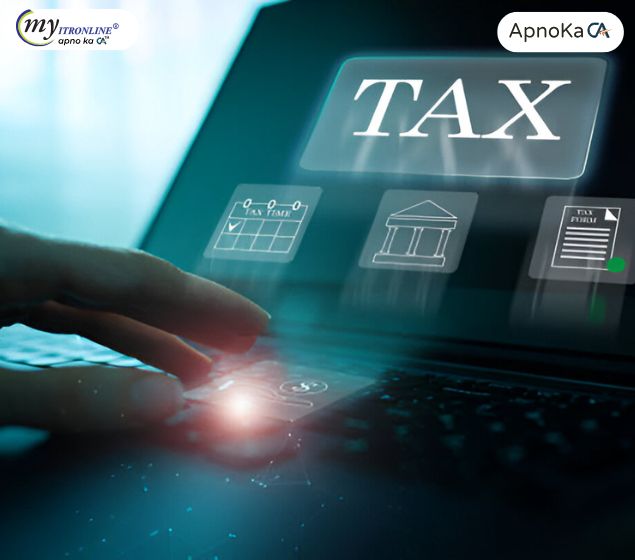
ITR-B Online: New Ease for Section 158BC Notices
This blog post details a significant update for taxpayers who have received a notice under Section 158BC of the Income-tax Act, 1961. It explains that Form ITR-B, a special return for undisclosed income found during past search and seizure operations, can now be submitted conveniently through the Income Tax portal's e-Proceeding tab. The article clarifies what a Section 158BC notice entails, highlights the benefits of online submission (convenience, efficiency, transparency), provides step-by-step guidance, and emphasizes the crucial role of professional advice for these complex assessments.

Tax Audit Made Easy: Your Simple Guide to Section 44AB (FY 2024-25)
This blog simplifies the concept of Tax Audit under Section 44AB of the Income-tax Act, 1961 for regular taxpayers. It explains why tax audits are essential, clearly outlines the turnover/receipt limits for businesses (₹1 Crore/₹10 Crore) and professionals (₹75 Lakhs) for FY 2024-25, and details special cases involving presumptive taxation. The article highlights the crucial role of a Chartered Accountant, the forms used (3CA, 3CB, 3CD), and the general deadline of September 30, 2025. Finally, it elaborates on the significant penalties for non-compliance and offers practical advice for taxpayers to ensure a smooth audit process.
.jpg)
CBDT's Latest: Interest Waivers for Past TDS/TCS Delays Are Now Confirmed!
This blog post summarizes CBDT Circular No. 8/2025, which clarifies that interest waivers for delayed TDS/TCS payments due to technical issues can apply to past charges, provided applications meet the one-year deadline

Form 10B Guide for Trusts (AY 2025-26)
This comprehensive guide explains Form 10B, an essential audit report for charitable/religious trusts, educational institutions, and hospitals under the Income Tax Act (2025). It details who needs to file it (especially those with over ₹5 crore income, foreign contributions, or income applied outside India), its key contents, the step-by-step online filing process, and the crucial September 30, 2025 due date for AY 2025-26. The synopsis also highlights the severe consequences of non-compliance, emphasizing the report's vital role in maintaining tax-exempt status and ensuring financial transparency.

Income Tax Notice: Decoding Section 142(1) for Missing Deductions in Your ITR
This comprehensive blog post demystifies Section 142(1) notices from the Income Tax Department, specifically when issued for missing or incorrect deductions in your ITR. It explains the purpose of such notices, common reasons for their issuance (like Form 26AS/AIS/TIS mismatches or lack of supporting documents), and provides a step-by-step guide on how to prepare an accurate and timely response. The post also highlights the severe consequences of non-compliance and offers valuable tips for prevention through meticulous record-keeping and thorough ITR review.

Income Tax in India: Are You Prepared for July 2025?
This blog post provides a comprehensive overview of the significant income tax changes coming into effect in India from July 1, 2025. It details the more attractive new tax regime with revised slabs and increased deductions, the extended ITR filing deadline, the mandate for Aadhaar in PAN applications, and the real-time PAN-bank linking system. Furthermore, it touches upon the updated ITR forms and the broader proposals of the Income Tax Bill 2025, offering taxpayers crucial insights for compliance and effective tax planning.
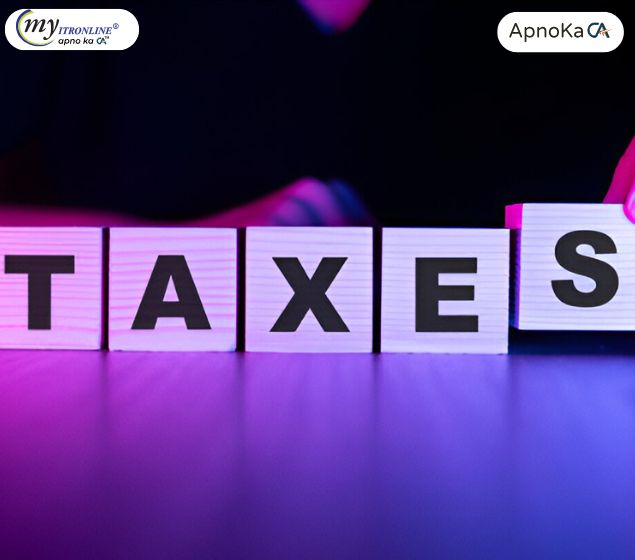
ITR Scrutiny Notice u/s 143(2) for AY 2024-25: Don't Panic! Your Step-by-Step Guide to Responding
The Income Tax Department has begun dispatching scrutiny notices under Section 143(2) for AY 2024-25. This blog provides a detailed guide on understanding these notices, common reasons for their issuance, a step-by-step response strategy, and essential tips to prevent future scrutiny, ensuring taxpayers can navigate the process effectively.
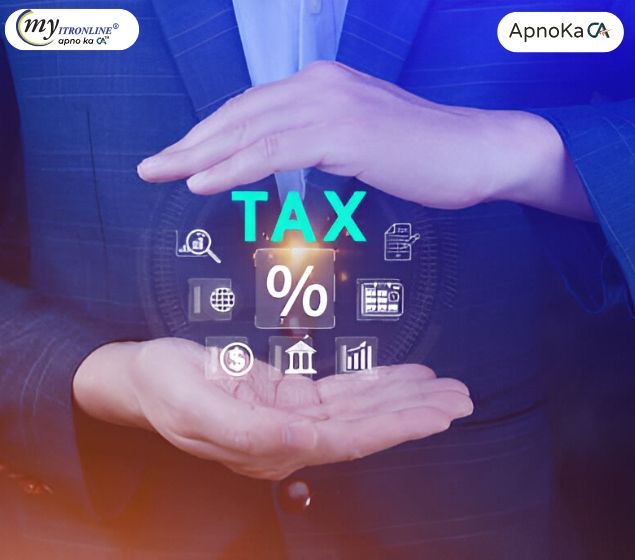
ITR Processing Update: CBDT's Relief for Delayed Filings (Circular 07/2025)
This summarized blog post explains the latest CBDT circular (dated June 25, 2025) that extends the processing deadline for specific Income Tax Returns (ITRs). It covers who benefits from this relief (ITRs filed electronically on or before March 31, 2024, with condoned delay), the new processing deadline of March 31, 2026, and important exceptions, offering clarity to taxpayers.

Easier Reporting: GSTR-7 and GSTR-8 Forms Get Updated!
This blog explains the significant updates to GSTR-7 (TDS) and GSTR-8 (TCS) forms, effective February 11, 2025, aimed at enhancing transaction data detail. It covers the 'why' behind these changes, the expected new reporting requirements (with a crucial note on the GSTR-7 invoice-wise reporting deferment), who is affected, and actionable steps for businesses to prepare for smoother GST compliance and reconciliation.
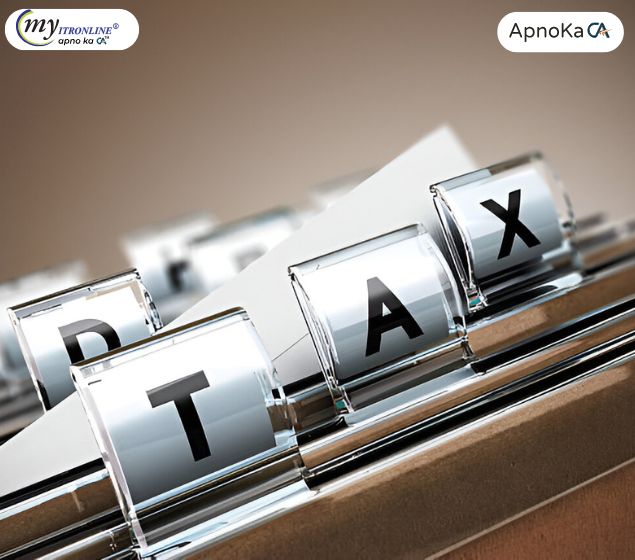
Your ITR Filing Checklist for AY 2025-26: Essential Documents You Can't Miss!
This blog post provides a crucial checklist of essential documents required for filing Income Tax Returns for Assessment Year 2025-26 (Financial Year 2024-25). It details the importance and usage of key documents such as Form 16, Form 16A/B/C, Form 26AS, AIS/TIS, Capital Gains statements, and proofs for tax-saving investments/expenses (for the Old Tax Regime). The post emphasizes the benefit of early preparation for a smooth and error-free filing experience and includes a pro-tip for cross-verification. It concludes by offering MyITRonline's expert assistance for accurate and hassle-free tax filingYour ITR Filing Checklist for AY 2025-26: Essential Documents You Can't Miss!
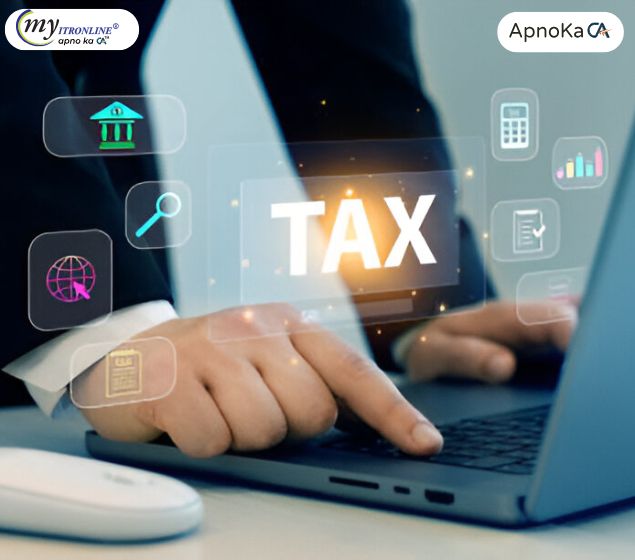
Updated Tax Returns (ITRU): Made a Mistake? Now You Have 4 Years!
This blog post explains the Updated Tax Return (ITRU), a crucial provision under Section 139(8A) of the Income Tax Act that allows taxpayers to correct errors or declare omitted income in previously filed ITRs. It highlights the significant extension of the filing deadline from two to four years from the end of the relevant assessment year, providing more flexibility. The article details the penalties and interest associated with filing an ITRU, outlines who is eligible to file (those declaring additional income) and who isn't (those seeking refunds or reduced liability), and provides a step-by-step guide on the filing process. The aim is to empower taxpayers to proactively ensure compliance and avoid harsher penalties, with a strong call to action for expert assistance from MyITRonline.

Unlocking HRA Exemption: Yes, You Can Claim HRA While Staying With Your Parents in India!
Did you know you can claim HRA exemption even when you live with your parents? It's a common misconception that costs many taxpayers valuable savings. Our detailed blog post breaks down exactly how to do it legally: from ensuring genuine rent payments and formal agreements to understanding your parents' tax implications. Learn the crucial conditions and required documents to unlock this significant tax benefit. Simplify your HRA claim with expert guidance from myitronline.
